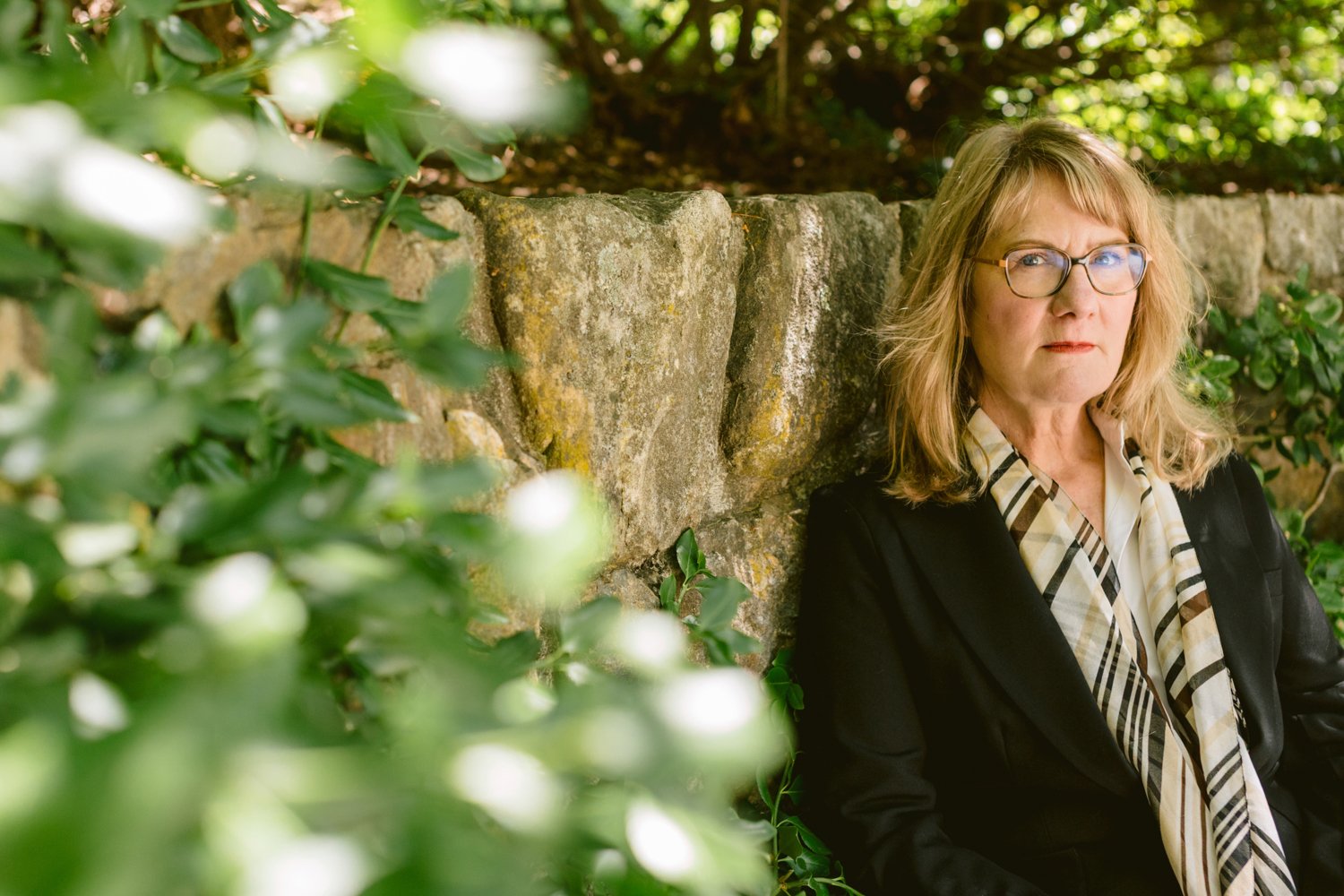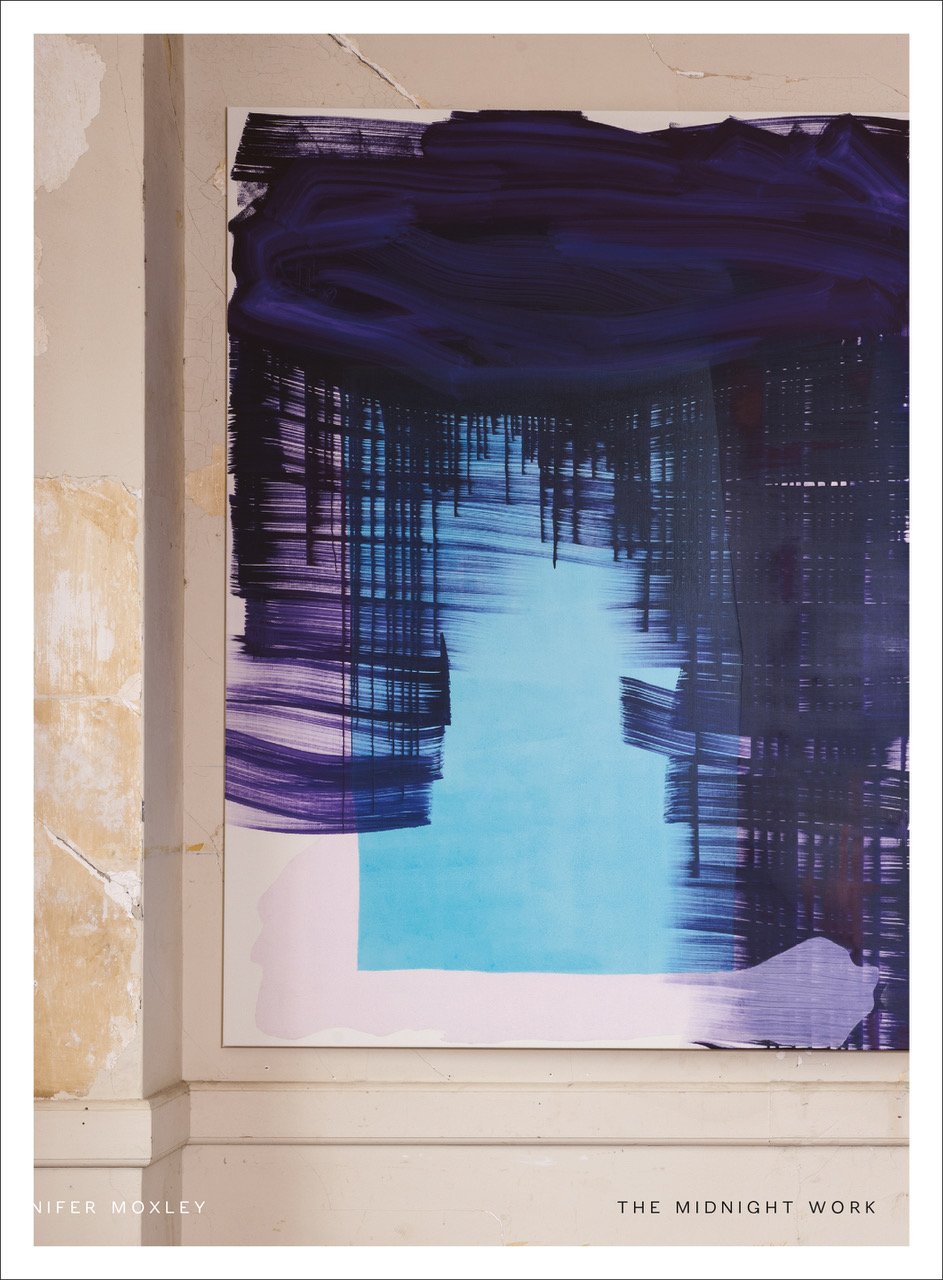Just out from Flood Editions
The Midnight Work
Jennifer Moxley’s The Midnight Work is a meditation on the fragility of memory and love in the increasingly mediated post-Covid world of polarized politics and climate change. Oscillating between the intimate and the expansive, Moxley addresses old friends, living and dead, in a series of epistles among more condensed lyric poems. Lacking the exhortation to contentment found in Horace, these poems nevertheless bend toward an Epicurean temperance and resilience amid folly, disappointment, and inevitable loss.
Available now from Wesleyan University Press
Praise for The Midnight Work
In lines that reach from the lushly lyric to the deliberately prosaic, Jennifer Moxley takes stock of her life in late middle-age. She acknowledges limits and addresses losses without bitterness, with the gracious, even tone that has become her trademark. Following the path of Horace’s Epistles, Moxley nods to past Romantic excesses while praising her current household pleasures in small town Maine. These pleasures are both expected and unexpected, for instance in the long poem “1900,” Moxley goes grocery shopping with her husband during the early days of the pandemic, enjoying the mutual routines they’ve developed to keep safe while finding scarce products on the shelves. (This made me remember how, in those days, almost any outing could seem like an adventure.) While in the supermarket, she wonders about the life of her grandmother, a Texan painter who lived through the 1918 flu pandemic. It is this stereoscopic focus on time that gives book its depth.Though it also addresses dead poet friends, The Midnight Work is never morbid. In a time where many of us seem hypnotized by apocalyptic visions, Moxley celebrates everyday life, even in extraordinary circumstances. This is now unusual enough, I think, to be called brave.
—Rae Armantrout, Pulitzer Prize Winner, 2010
Moxley’s essays have given me a way to keep a little bit of Keith’s magic with me. If you have never heard of Keith Waldrop, though, this book is a great introduction to his life and work. It is also a necessary document of how vibrant American poetry was before its recent and perverse professionalization.
—Magdalena Zurawski
To all who knew Keith Waldrop, this book will give him back to you, and to those who didn’t, it will give him to you for the first time—fully and faithfully. . . . While the inspiration is pure Keith, the sparkle, the wit, and the solid genius of the work is pure Moxley.
—Cole Swensen
Available now from BlazeVox
A lovely, resonant book about a truly unique (and wonderful) human being.
—Brian Evenson
Here is a work of deep appreciation and love for Keith Waldrop, a friend of the author for many decades, and a man of erudition and kindness, who shared with us a life well lived in poetry, art, music, religion, esoteric thought—and, above all, conversation.
—Mark McMorris
Jennifer Moxley’s poems combine lyric and innovative looks at daily life while interrogating societal comfort.
Reviewing Clampdown for the Nation, poet Ange Mlinko noted, “Moxley’s ethical anxieties emanate from a central unease, unease at home, and ripple out to touch nation, earth and cosmos. But . . . Moxley does not sublimate her psychology and social perspective.”



